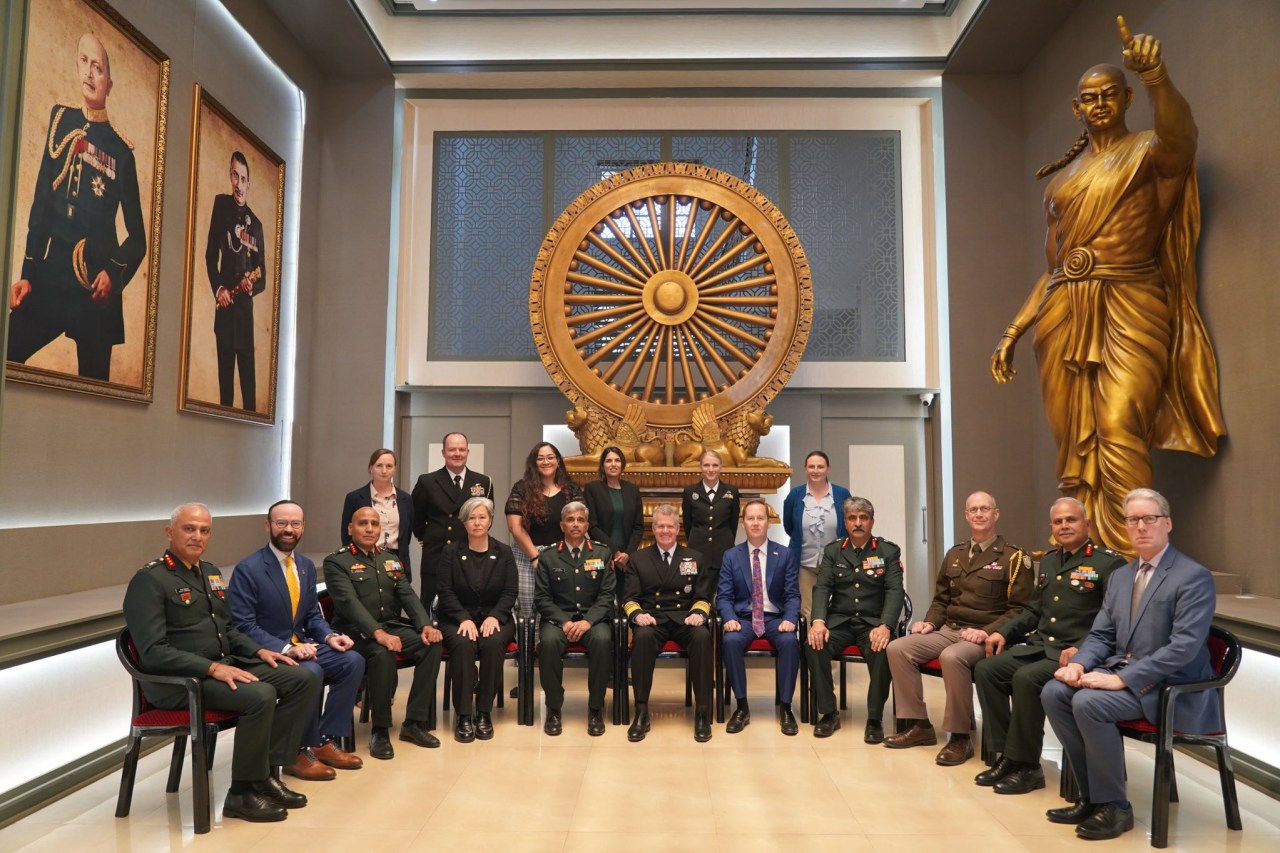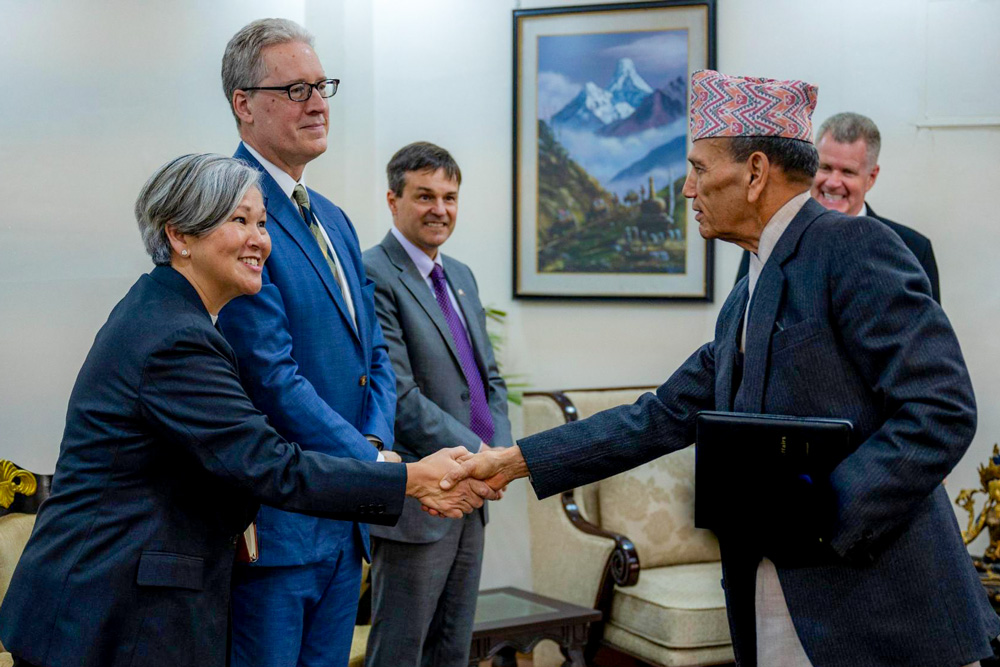In “The Role of Non-State Actors as Proxies in Irregular Warfare and Malign State Influence,” Dr. Sam Mullins examines how states like China and Russia leverage non-state actors (NSAs) to conduct irregular warfare, employing tactics that blur the lines between peace and conflict. These NSAs engage in activities ranging from persistent low-level operations aimed at undermining adversaries’ institutions to more aggressive actions that challenge the sovereignty of other nations.
Mullins highlights that while utilizing NSAs can offer strategic advantages, such as plausible deniability and cost-effectiveness, they also present significant challenges. These proxies may act unpredictably or pursue their own agendas, potentially complicating the objectives of their state sponsors. Despite these risks, both China and Russia continue to employ a diverse array of NSAs to advance their geopolitical goals through irregular means.
The paper underscores the importance of understanding the complex relationships between states and their proxy actors to effectively counter these irregular threats. Mullins emphasizes that “states benefit from the activities of non-state actors as tools of irregular warfare,” but cautions that the unpredictable nature of these proxies can lead to unintended consequences.
Recognizing and addressing the multifaceted dynamics of state-NSA interactions is crucial for developing strategies to mitigate the impact of malign state influence in the contemporary security environment.
The opinions expressed in this article are the author’s alone and do not necessarily represent the official position of the Daniel K. Inouye Asia-Pacific Center for Security Studies or the U.S. Department of Defense.










Leave A Comment